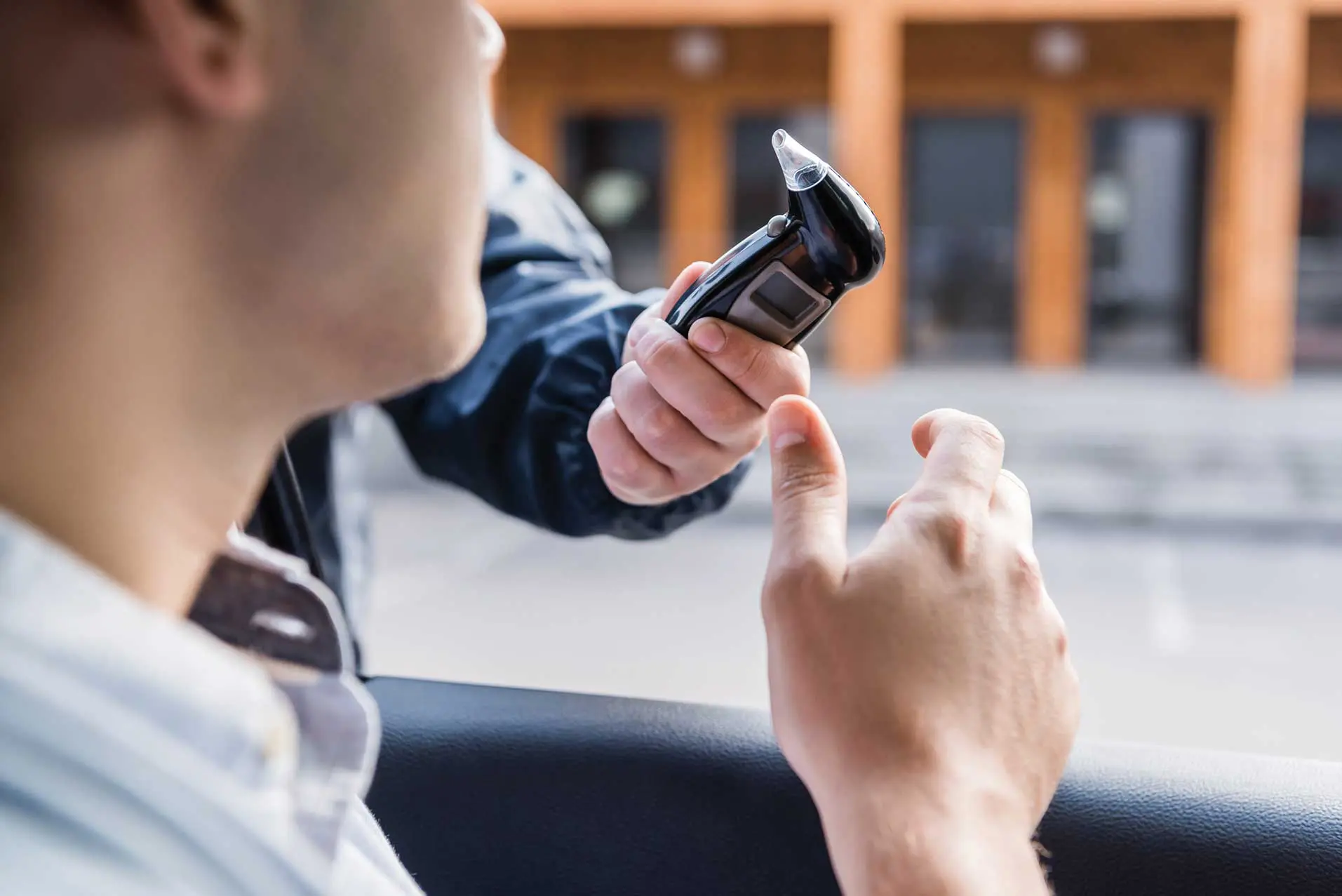It Only Takes One Drink
By MS. KATHY ALWARD, STAFF WRITER
History tells countless tales of the consequences of people driving under the influence of alcohol. Many of those stories involve someone who only had one drink. There are many good reasons to assign a designated driver before a night on the town. According to the U.S. Department of Transportation National Highway Traffic Safety Administration (NHTSA), in 2019, one person was killed in a drunk-driving crash in the United States every 52 minutes. Its dangers are punishable by law. Each state has different laws determining driving under the influence (DUI) fines, penalties, and jail time, but one thing is certain in every state: drinking and driving are a deadly combination.
Alcohol can affect everyone differently. A person’s level of intoxication depends on various factors such as weight, metabolism, gender, and how much they have consumed in a given amount of time. Signs of alcohol impairment quickly emphasize why it is a bad idea to drink and drive. These signs include: a staggering walk, a sense of confusion, feelings of euphoria, declined inhibitions, a loss of balance, poor coordination, poor depth perception, forgetfulness, and blurred vision.
If you are driving and buzzed enough that it even slightly impairs your faculties, consider yourself a drunk driver—because by that point, you can be considered a drunk driver by law enforcement. This fact is reason enough not to get behind the wheel if you have been drinking.
According to NHTSA, it is illegal to drive with a blood alcohol concentration (BAC) of .08 or higher in all 50 states, the District of Columbia, and Puerto Rico. A lower BAC can be just as deadly, however. Sadly, 1,775 drivers with a BAC of .01 to .07 died in alcohol-related crashes in 2019.
According to NHTSA, predictable effects of BAC on driving are as follows:
- .02: Visual function, such as the rapid tracking of a moving target, and the ability to perform two tasks simultaneously decline (divided attention).
- .05: Coordination, response to emergency driving situations, and the ability to track moving objects are reduced, and steering becomes difficult.
- .08: Information processing capabilities, such as signal detection and visual search, and concentration are reduced; perception is impaired; and there is a loss in short-term memory.
- .10: The ability to brake appropriately and maintain lane position is reduced.
- .15: Vehicle control, attention to the task of driving, and auditory and visual information processing are substantially impaired.
Thankfully, drunk driving deaths have declined since the 1980s due to the strict enforcement of drunk-driving laws. Charges can range from misdemeanors to felony offenses, with the revocation of your driver’s license, fines, and jail time as consequences. A driver with a first-time offense can expect to pay upward of $10,000 in legal fees and fines.
Stricter penalties exist for drivers under the age of 21 who consumed alcohol before driving and are then stopped for an entirely different traffic violation, such as forgetting to use their turn signal or speeding. Because there is zero-tolerance extended to drinkers under 21, these common traffic violations can lead to a DUI conviction. It is important to realize that “buzzed†driving can lead to a DUI if you are under 21 or even if you are older when that “one drink†surpasses the legal BAC level to drive.
Important things to remember about how to stay safe while drinking alcohol include securing a ride with a designated driver, ride-hailing services, or a taxi; letting a family member or a friend know of your plans if you are going out and drinking alcohol; not drinking on an empty stomach (remember to eat, because food slows the absorption of alcohol); and alternating alcoholic beverages with glasses of water.
Before you go out to drink, be sure to fully charge your cell phone so you can make emergency calls or call a friend or family member if necessary. If you serve alcohol while hosting a party, all guests should leave with a sober driver. On a final note, remember to wear your seat belt because this precaution can be the best defense against impaired drivers.
Keep in mind that it only takes one drink, and if you have been drinking alcohol, you should not be driving. You can also help save lives by contacting local law enforcement if you see an impaired driver on the road. It is important to remember that our actions affect the safety of others, so please drink responsibly.


